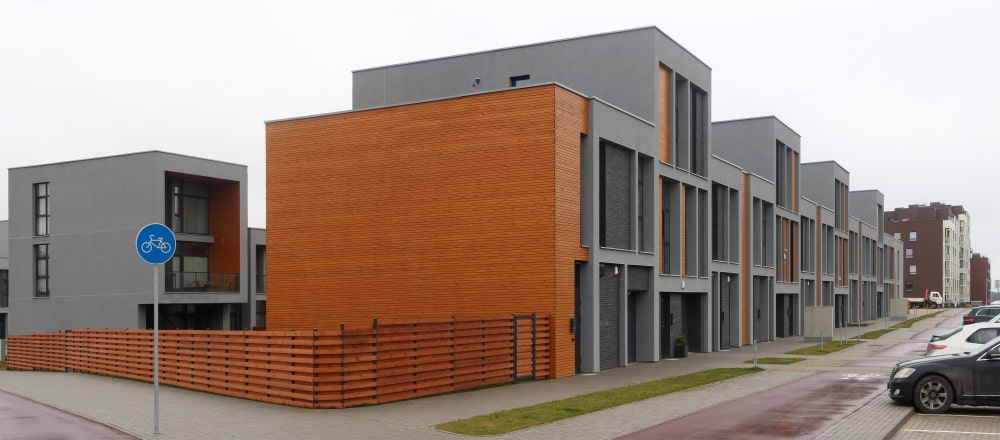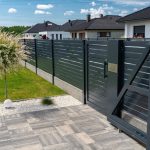Features - Design
Innovation for good: making SIPs more efficient than ever

Patent of the Month: UK Patent Number 2590505
Both offsite construction and manufacturing can provide a range of benefits, from improved efficiency and speed to reduced costs. For high-volume, repetitive components, or products that require factory conditions to achieve quality standards, offsite construction is particularly effective, making it ideal for housing.
One component that can be manufactured offsite is structural insulated panels (SIPs). These are high-performance building panels used in the construction of small residential modular buildings. Consisting of an insulating material between inner and outer structural boards, which provide the primary load bearing structure for each panel, SIPs are typically mounted to a building frame that offers additional structural support.
After being manufactured offsite under factory-controlled conditions, the SIPs are then transported for assembly onsite. They can be fabricated to fit nearly any building design, resulting in buildings that are extremely strong, energy-efficient and cost-effective.
AGR Living develops social housing on small, infill sites that are less attractive for typical housebuilders. These high-quality homes are delivered using the latest composite panel system technology, ensuring development is quick and sustainable.
Recently, AGR Living has been granted a UK patent relating to a new and innovative SIP that can be used to construct a modular building without the need of a building frame.
This is achieved by providing a SIP that can be attached directly to an adjacent panel, using fibre-reinforced plastic frames to which the inner and outer boards are attached, allowing an insulation material to be contained between the boards and the frame.
As a result, a modular building can be constructed without the need for a traditional wood building frame, which may have poor resistance to moisture and fire, or a metal building frame that may be susceptible to rust and have poor insulating properties.
After this initial UK patent application was first filed, AGR Living followed one year later with an international (PCT) application, which has the potential to provide the company with wide-spread global patent coverage for its new concept. Shortly, the business will need to decide which overseas countries it wishes to protect its innovative panel system in, potentially enabling the company to license the invention in international markets.
This international level of protection will ensure that AGR Living benefits from the commercial rewards of its innovation, helping to assist more people through social housing.
Article supplied by Mark Sugden, senior associate and patent attorney in the Advanced Engineering group at European intellectual property firm, Withers & Rogers
If you would like to read more stories like this, then please click here
Related Articles
More Features
- Why early MEP design collaboration holds the key to smarter buildings
24 Jun 25
Working closely is essential to ensure that all aspects of a building’s design contribute to
- BSI publishes groundbreaking standard for MMC in residential developments
28 May 25
New specification to build confidence in modern methods of construction (MMC) for residential developments has
- Pagabo provides clarity on impacts of new NPPS and PPNs
12 Mar 25
The Labour government’s new National Procurement Policy Statement (NPPS) sets out strategic priorities for public






